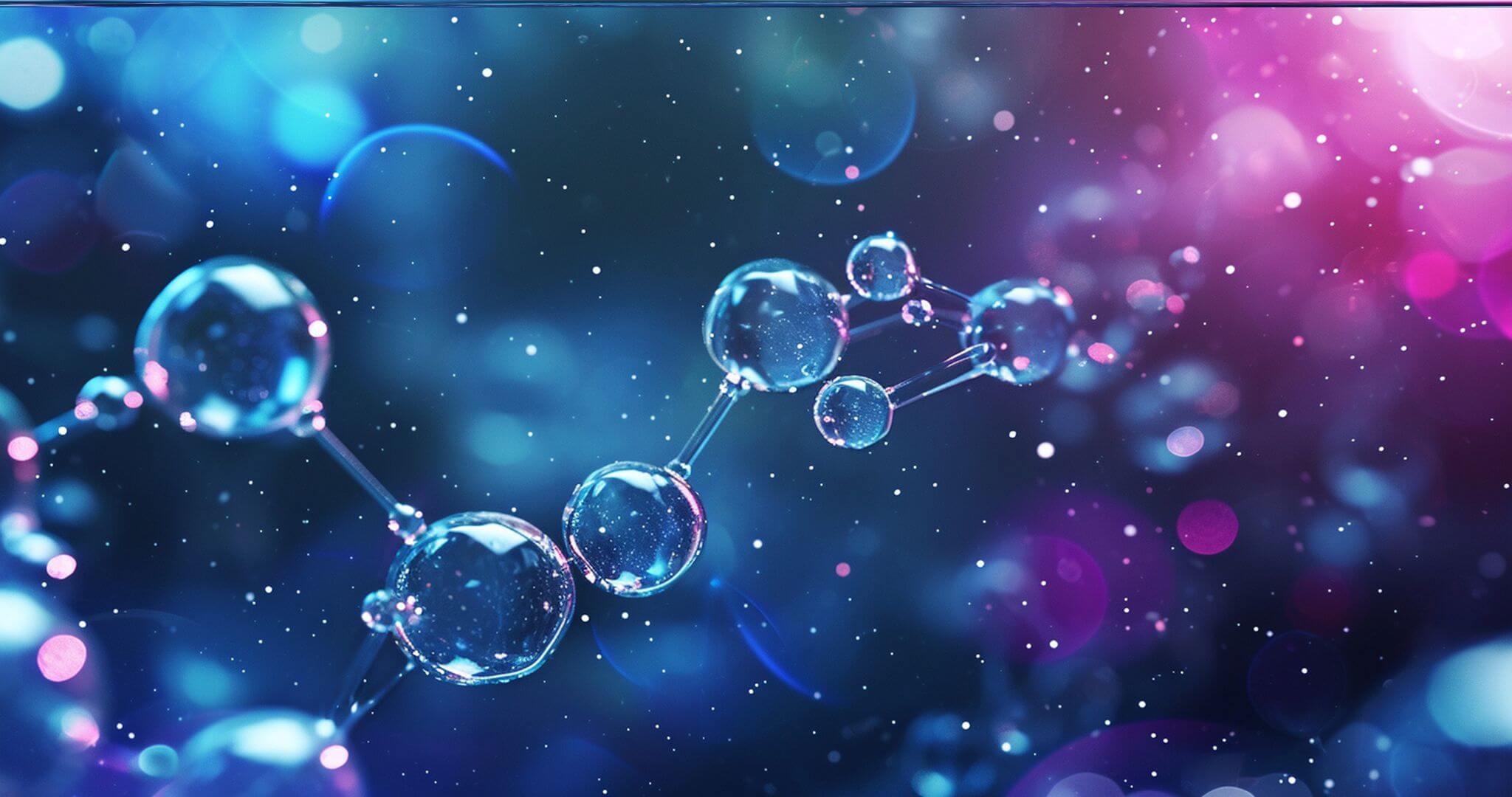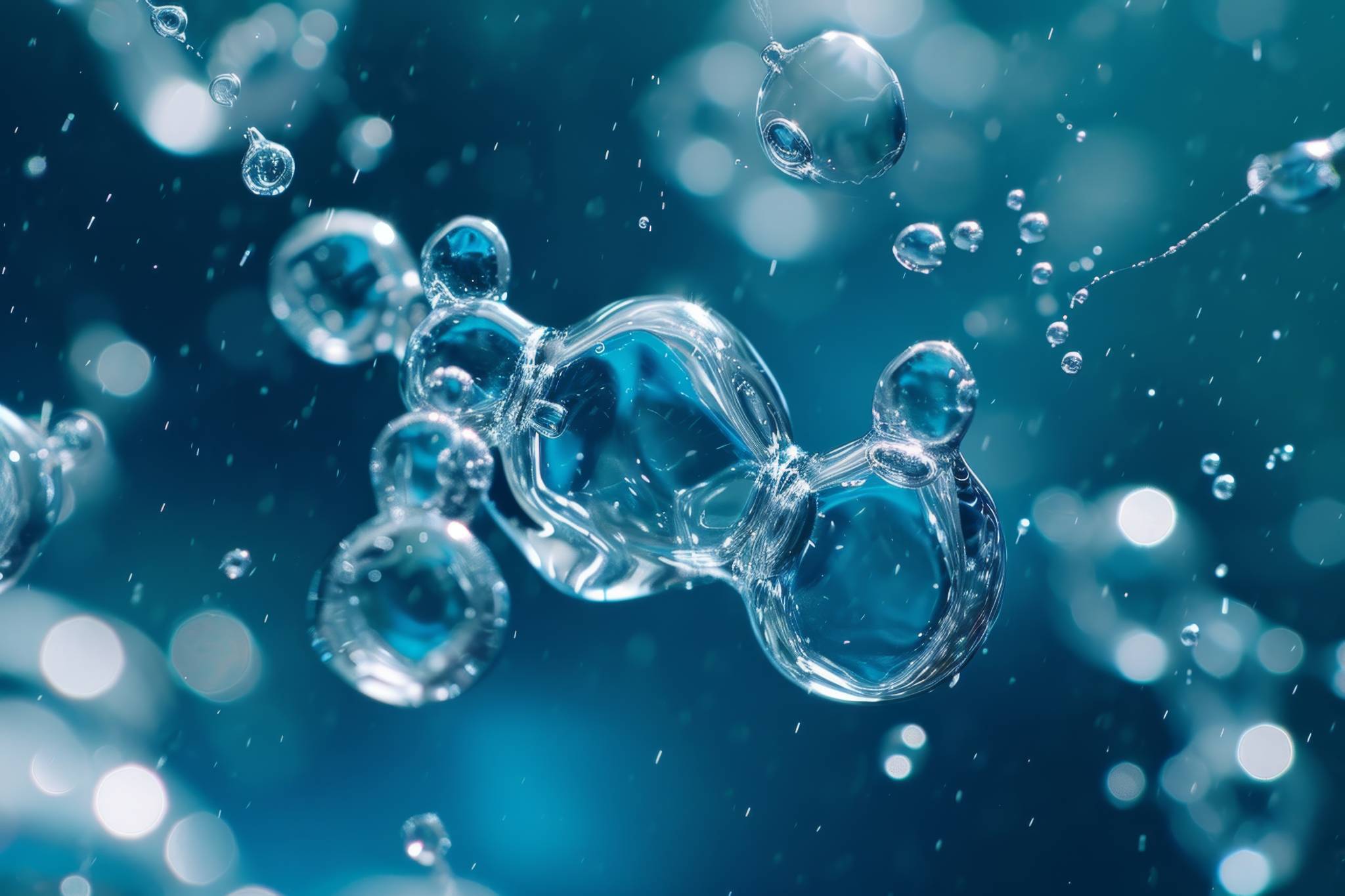The Benefit of Glutathione for Athletes
Exercise and the Body
The positive effects of exercise in our lives are endless, and there is no doubt that it improves overall health. Benefits include reducing the risk of chronic disease, helping prevent strokes and high blood pressure, and helping with anxiety and depression. Exercise can be fun and social, help you sleep better, and just improve your overall mood.
However, physical performance is also known to increase oxidative stress, inflammation, and muscle fatigue. Athletes with high physical exertion and endurance activities bring unique challenges to the oxidative stress load. Is it possible that the increased physical exertion depletes glutathione – and what can be done about it?
Exercise and Oxidative Stress, Free Radicals and Antioxidants
Workouts, particularly prolonged or short but intense, create exertion that generates free radicals. Free radicals are unstable atoms that can damage cells, causing illness and aging.
As your body converts increased oxygen to energy, it releases free radicals looking to steal the electrons from healthy cells and tissues—these free radicals can damage muscle fiber components like proteins and lipids. Our body uses antioxidants like glutathione to eliminate the harmful free radicals, but there are more free radicals than antioxidants – we have oxidative stress.
Oxidative stress can interfere with the quality of exercise and recovery because the more intense the workout, the higher the oxidative stress load. Glutathione (GSH) levels are depleted rapidly due to increased uptake by tissues. Lower glutathione levels from strenuous workouts mean less natural glutathione to repair tissue, leading to longer and more intense soreness, muscle and joint pain, injuries, and inflammation.
There is good news! Some research suggests that the free radicals generated during exercise may figure into how we adapt to exercise. With training, our body grows mitochondria – which give out energy and make the muscles stronger, and free radicals seem to help trigger these changes. So as a beginner to exercise, your body may generate unhealthy levels of oxidative stress, but as you become better trained, your cells get better at handling larger waves of free radicals. The better trained your body is, the better it deals with the free radicals and produces more antioxidants – like glutathione. So ultimately, exercise helps boost glutathione manufacture and creates a more efficient tissue release.
One reason that glutathione has become a buzzword in the athletic community is that it decreases one of the biggest enemies of performance: fatigue. According to Stephanie Hunter, who founded the Hunter Method musical therapy clinic in Jupiter, Florida, and frequently works with athletes says, “The most important factor in performing at high levels is not how high you can jump, but how quickly you can get your muscles to heal. GSH speeds up recovery time and decreases both general and muscle fatigue. The body is an amazing healing machine, and GSH seems to be the main motor of that machine.” (Nayan Patel, The Glutathione Revolution (Hachette Book Group), 101.
Glutathione for Athletes
We know that glutathione combats the oxidative stress brought on by exercise, decreases muscle fatigue, and aids in recovery. But how?
Glutathione is the “Master Antioxidant” in the body – a superhero in the fight for muscle recovery. Oxidation leads to inflammation. Over time this inflammation can eventually lead to cell death unless reversed but antioxidants.
The study “Glutathione supplementation suppresses muscle fatigue induced by prolonged exercise via improved aerobic metabolism” shows that two weeks of glutathione supplementation in men undergoing exercise tests had reduced muscle fatigue compared to those taking the placebo. In the data collected with mice, mitochondria levels were higher in sedentary mice taking supplemental glutathione than those that did not.
Glutathione has been shown to help with recovery and help athletes in other ways. Raising glutathione levels also increases endurance, most probably by reducing oxidative stress. It could also help enhance lung capacity – possibly helping you breathe easier as GSH has been used to treat certain lung conditions. In addition, glutathione raises overall immunity, vital for athletes pushing their bodies to the limit.
Classified as a topical vitamin, glutathione is a welcome nutritional supplement in athletics. Athletes use topical GSH, like Glutaryl and Glutaryl+ to help them perform at the top of their game and recover more quickly. There are natural ways to increase glutathione too!
The bottom line: lots of research suggests that glutathione is at the forefront of the body’s defense against exercise-induced oxidative stress. Whether you’re a linebacker or a mom trying to keep your kids in line, glutathione simply makes everything in the body operate better!




